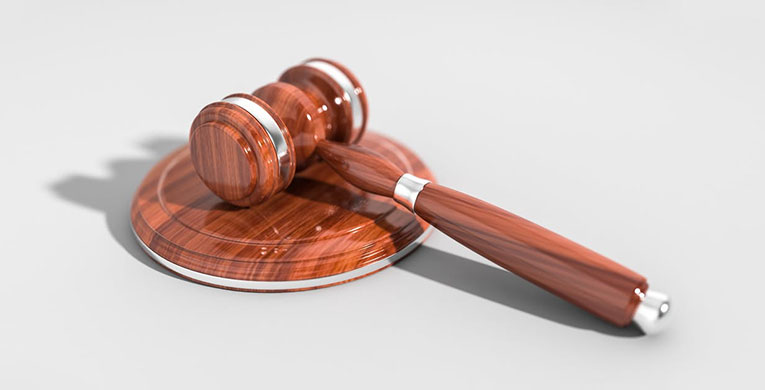Is my copyright valid all over the world?
Is my creation protected all over the world?
Patent, design, brand or literary creation, each type of work belongs to a specific system of protection, which do not all have the same effects. So is your creation protected worldwide or only in one country or some countries? Here is the answer.
My creation is a design, is it protected all over the world?
The answer varies. If it is only the design of an industrial object, without any specific aesthetic quality, the design will be come under registration with INPI, provided that it is new or original. It will be protected for 5 years like this, and the protection can be renewed up to a maximum of 15 years. In most cases, it is protected on a national level, but the La Haye Arrangement allows it to be registered internationally. The creator can register a single request, either with the OMPI, or with the national or regional office of a country which has signed the agreement. In that case the design or the model will be protected in as many member countries as the depositor designates.
If the design or the model has noteworthy aesthetic qualities, or if it is an image, text, audio or video document, then it can also be protected under copyright. In that case, the Berne Convention applies and the design or model is protected in the 176 countries which have signed the agreement, so you can use our online service to timestamp your creations in order to have a proof of Copyright, whereby each registration will be dated electronically and certified by public notary, which will give you irrefutable proof in the event of legal proceedings. Click here to register a copyright.My creation is a patent, is it protected worldwide?
A patent is an exclusive right to a technical product or process, and in order for it to be covered, it must fulfill several cumulative criteria:
- Does the technical process provide an answer to a technical problem?
- Can it have an industrial application, i.e. can the product be produced?
- Is the process new?
- Does the process imply an inventive activity?
If the answer to each of these questions is yes, then a patent can be registered. If not, it could come under copyright or be registered under designs and models. In the event where a patent can be registered with INPI, it will be protected from any application or use by a third party without the agreement of the creator. The protection of patents is linked to the territory, i.e. it will only take effect in the country where it was registered.
My creation is a brand, is it protected worldwide?
A brand is a distinctive sign which indicates that products or services are provided by a specific person or company. In order to be able to protect it, it must be distinctive, that is to say that consumers must be able to identify it, it must not be misleading, and not be contrary to public order or common decency. It comes under registration with INPI and is protected for 10 years, a period which is renewable indefinitely. The effects of registering a brand are restricted to the territory of a country. However, the Madrid Protocol and Arrangement allows that the person who wishes to register a brand, and who has a link (nationality, residency or establishment) with one of the member countries of one or both of these two treaties, can register his brand with several or all of the countries who signed.
My creation comes under copyright, is it protected worldwide?
All literary, artistic, musical, plastic or even IT creations come under copyright. Thus, as such, they do not need to be registered with any organisation whatsoever in order to be protected. However, as the Court of Appeal in Paris rules on 30 September 2009: “Considering in law what can be deduced from articles L. 121-1 of the CPI, the principle of protection of a work of the mind, regardless of the type, form of expression, merit or purpose, without any formalities, by the fact of the creation of an original form alone, the onus is nonetheless on the person who intends to apply a copyright, to bring the proof of a specific creation on a definite date.”
The creator must therefore be in a position to prove his ownership of his work at on a specific date, for example through registration with a public notary or a solicitor. Copyright protection is assured by the Berne Convention. This allows for reciprocity of protection in all the countries which have signed the agreement, that is in the 176 countries which ratified the convention. This is the service we offer you by allowing you to register your creations on line in real time.
